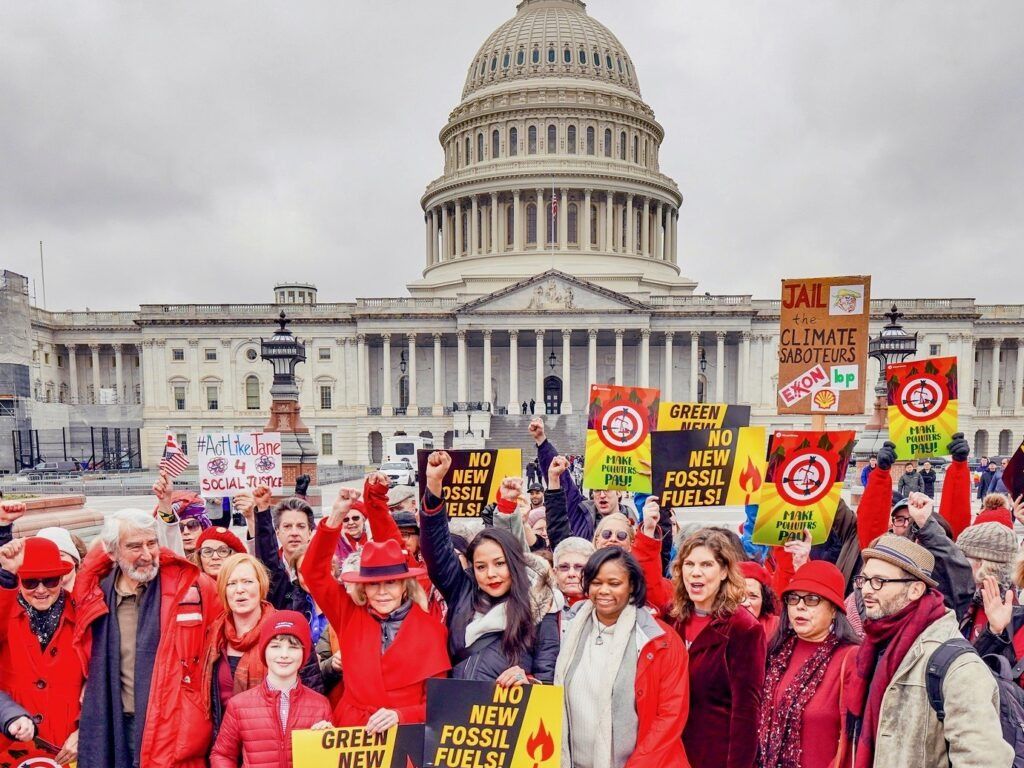PARIS (AN) — World leaders honored five years of the 2015 Paris Agreement at a virtual summit on Saturday energized by U.S. President-elect Joe Biden's vow to rejoin the landmark climate treaty on his first day in office.
The "Climate Ambition Summit," organized by the United Nations along with Britain, Chile, France and Italy, drew heads of state and government officials from more than 70 nations. It largely served to recharge a climate accord weighed down by U.S. President Donald Trump's decision to withdraw the world's second-biggest carbon emitter from its nearly universal efforts to rein in global warming.









